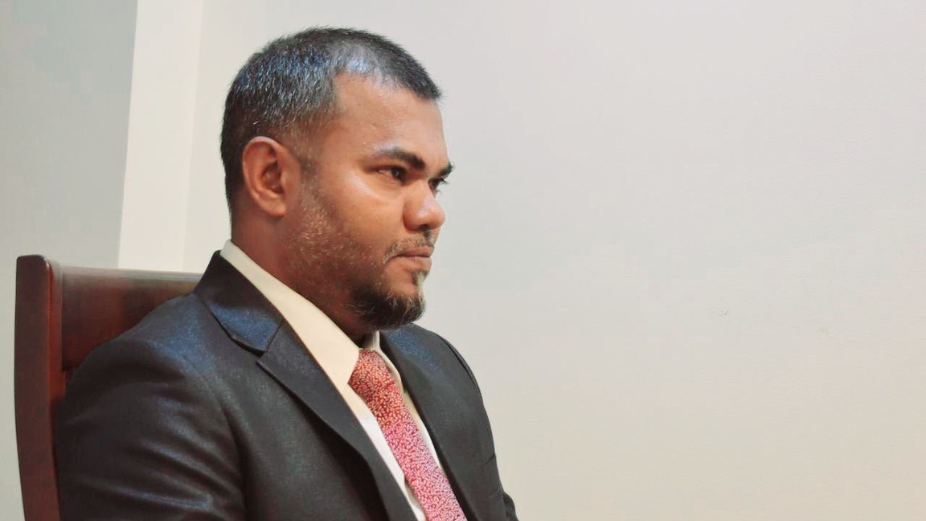
Ahmed Shamah Rasheed, Managing Director and CEO of the Maldives Industrial Fisheries Company (MIFCO), remains suspended from his position amidst ongoing investigations into his conduct. Mr. Shamah forcefully denies any wrongdoing, stating, “I have done nothing that warrants suspension from my company position.” His suspension has ignited debate, raising questions about administrative procedures and potential political motivations.
Parliamentary Investigation and Allegations
The Committee on State-Owned Enterprises, a parliamentary body, initiated the investigation, summoning Mr. Shamah and officials from the Privatization and Corporatization Board (PCB). The PCB is the entity that enforced the suspension.
In his testimony, Mr. Shamah claimed he received no warning or explanation for his suspension. “All the legal procedures were not completed as per my knowledge,” he asserted. He alleges that a list of accusations was leaked to tarnish his reputation. Key accusations include:
- Using MIFCO resources for political activities during parliamentary elections.
- Distributing improper financial gifts.
- Excessive expenditure on personal trips.
- Granting employment to family members within MIFCO.
PCB Response: Administrative, Not Punitive
Mohamed Firaz, Vice President of the PCB, maintains the suspension was an administrative measure, not a form of punishment. The PCB emphasizes the need to isolate Mr. Shamah to ensure a fair investigation and prevent undue influence. Mr. Firaz insists that the accusations against Mr. Shamah were credible and stemmed from a whistleblower report.
Conflict Over Process
Parliamentary committee members expressed sharp criticism of the PCB. They allege the suspension was premature and lacked due process, arguing the allegations themselves do not justify a suspension of this nature. Mr. Shamah echoed this sentiment, stating, “There is no one at MIFCO who is related to me by blood… And this is not just cause for suspension anyway.”
A Case with Wider Implications
The suspension of Mr. Shamah casts a long shadow within the Maldivian political landscape. The fishing industry is a cornerstone of the Maldivian economy, and MIFCO plays a critical role. The allegations, if proven, suggest potential abuse of a key state enterprise. This case underscores the challenges of ensuring transparency and ethical conduct within government-owned companies in the Maldives.
The public awaits the outcome of the investigation, which will have significant implications for the future of MIFCO’s leadership.












